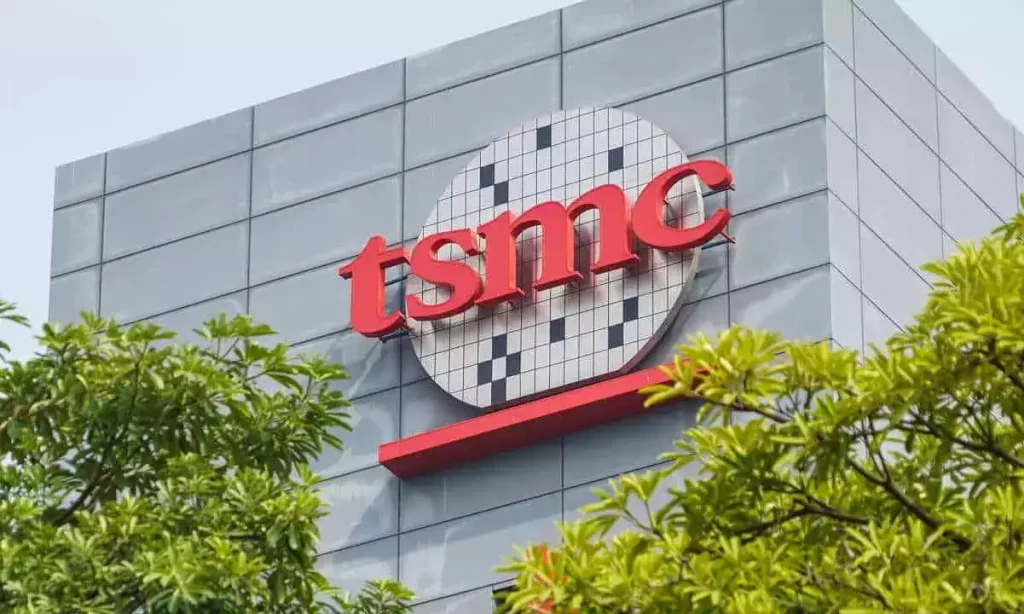In a recent announcement, TSMC (Taiwan Semiconductor Manufacturing Company) confirmed that it has fallen victim to a cyber attack, resulting in a data breach. The company acknowledged that some data had been leaked but assured the public that customer information remains secure. TSMC’s business operations have not been affected by the incident.
The Hackers are threatening to release login data to the public
According to a TSMC spokesperson, the cybersecurity breach was primarily related to the initial server setup and configuration. The company promptly responded to the incident by terminating data exchange with the supplier involved, adhering to its robust security protocols and standard operating procedures.

The group claiming responsibility for the security incident is LockBit, a notorious blackmailing organization. LockBit has published the stolen data on its website and is demanding a staggering ransom of $70 million. Should TSMC refuse to comply, LockBit threatens to release passwords and login information associated with the stolen data.
TSMC has made it clear that the compromised data originated from Kinmax Technology, a service provider offering IT solutions such as networking, cloud computing, storage, and database management to TSMC. While TSMC remains committed to resolving the situation, it is also collaborating with relevant authorities and cybersecurity experts to investigate the incident further.
As one of the world’s leading semiconductor manufacturers, TSMC’s security breach raises concerns within the tech industry. The incident serves as a stark reminder of the evolving threats faced by organizations, highlighting the critical importance of robust cybersecurity measures.
TSMC’s prompt response in terminating data exchange with the supplier demonstrates its commitment to safeguarding its operations and protecting customer information. The company’s dedication to adhering to established security protocols will undoubtedly be instrumental in resolving this breach and preventing similar incidents in the future.
RELATED:
- Apple’s iPhone 15 to Generate Billions in Revenue, Not Just for Apple but Also for TSMC
- TSMC’s Kumamoto Plant: Chip Orders Exceed Production Capacity, Even Before Mass Production
- Best Smartphones of 2023 – Samsung, Xiaomi, Apple & More
(Via)







